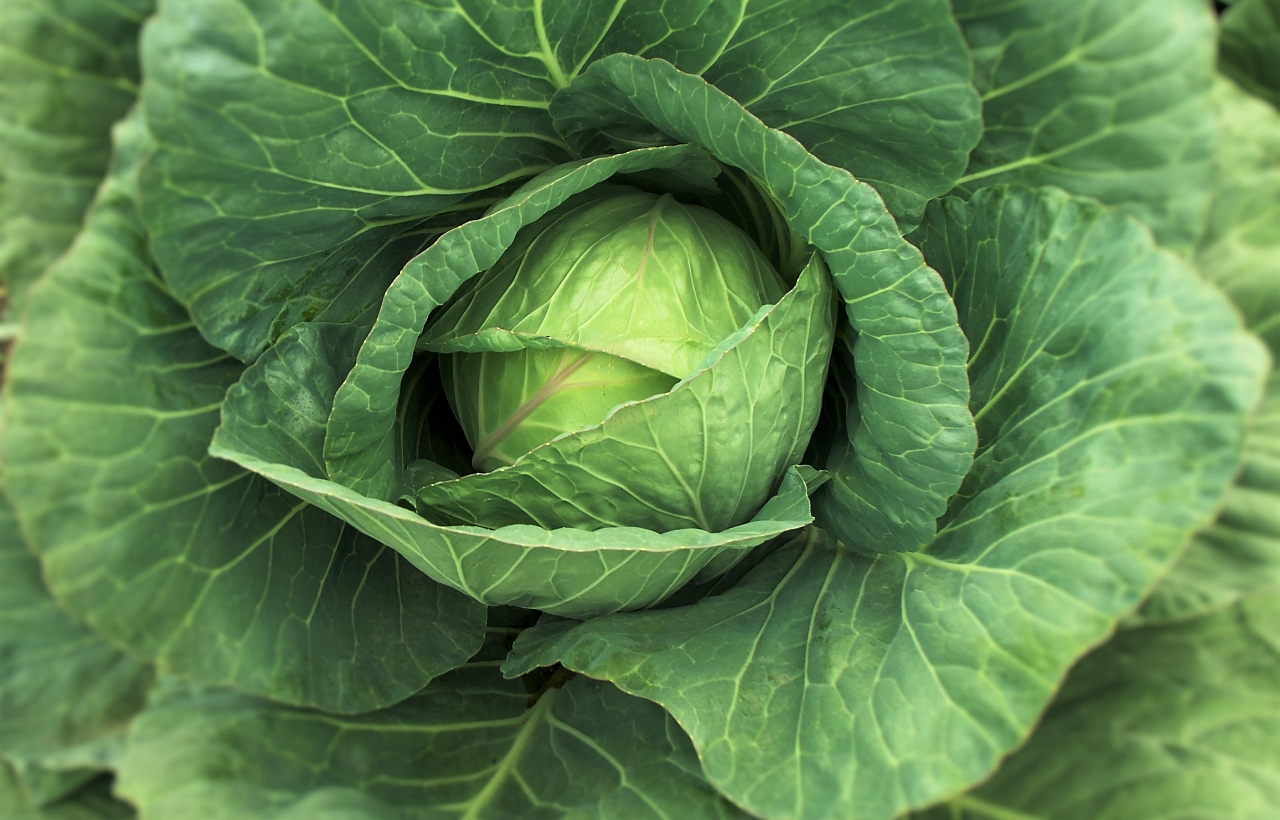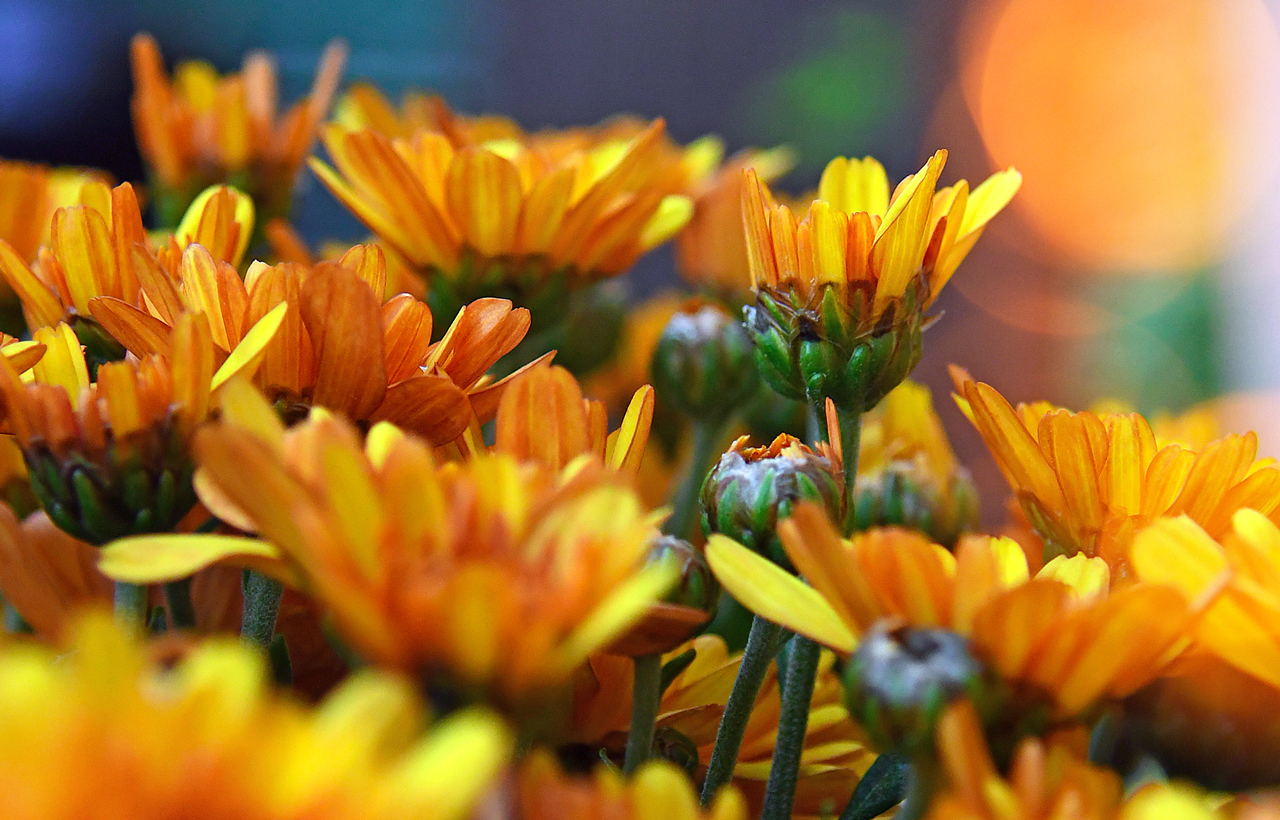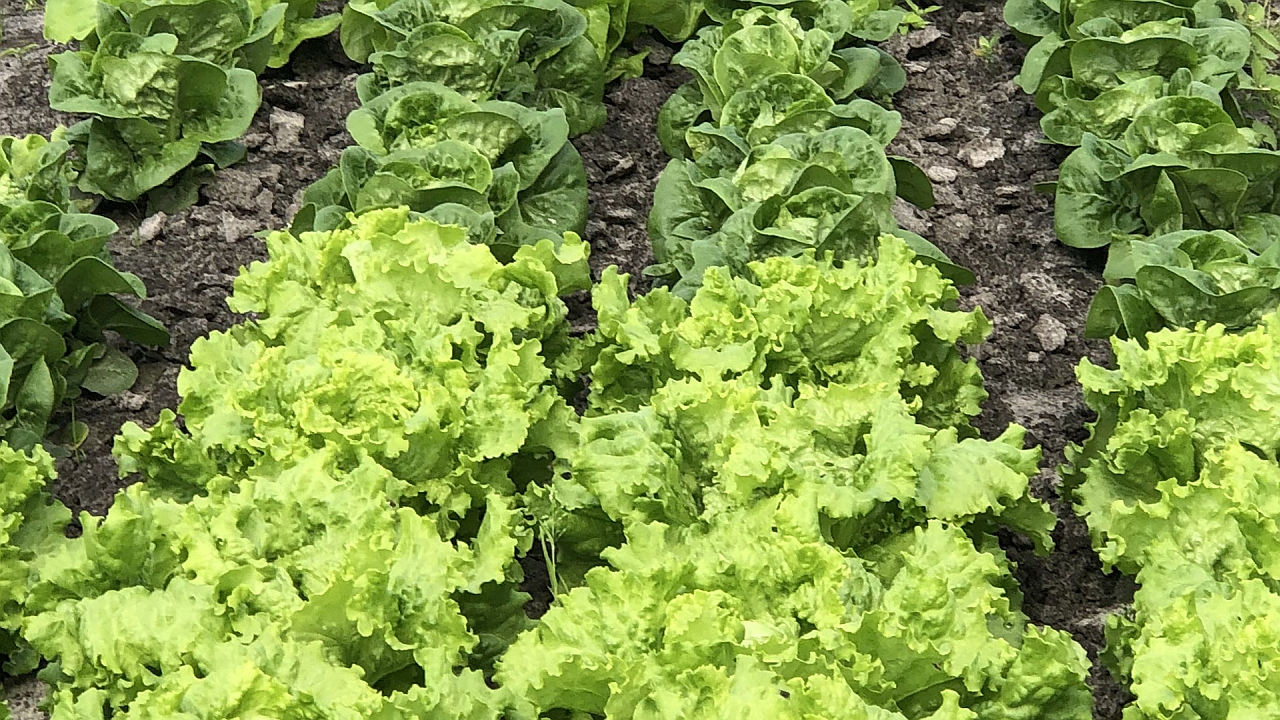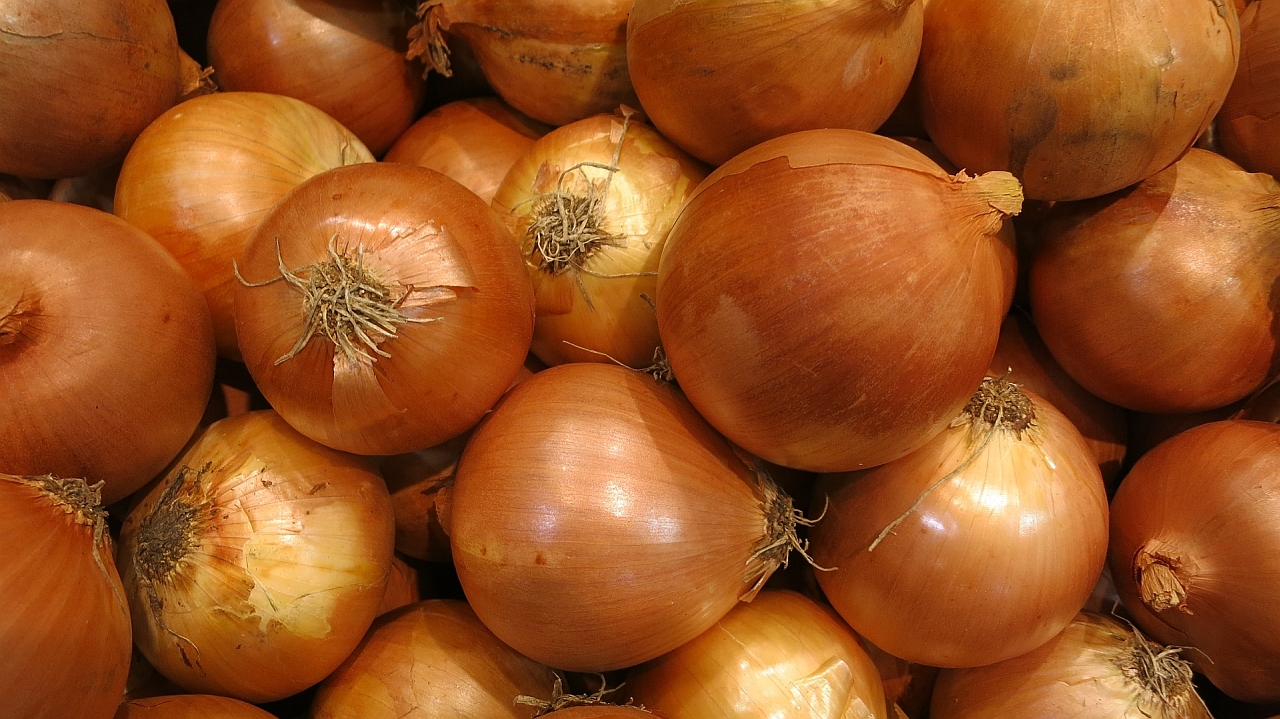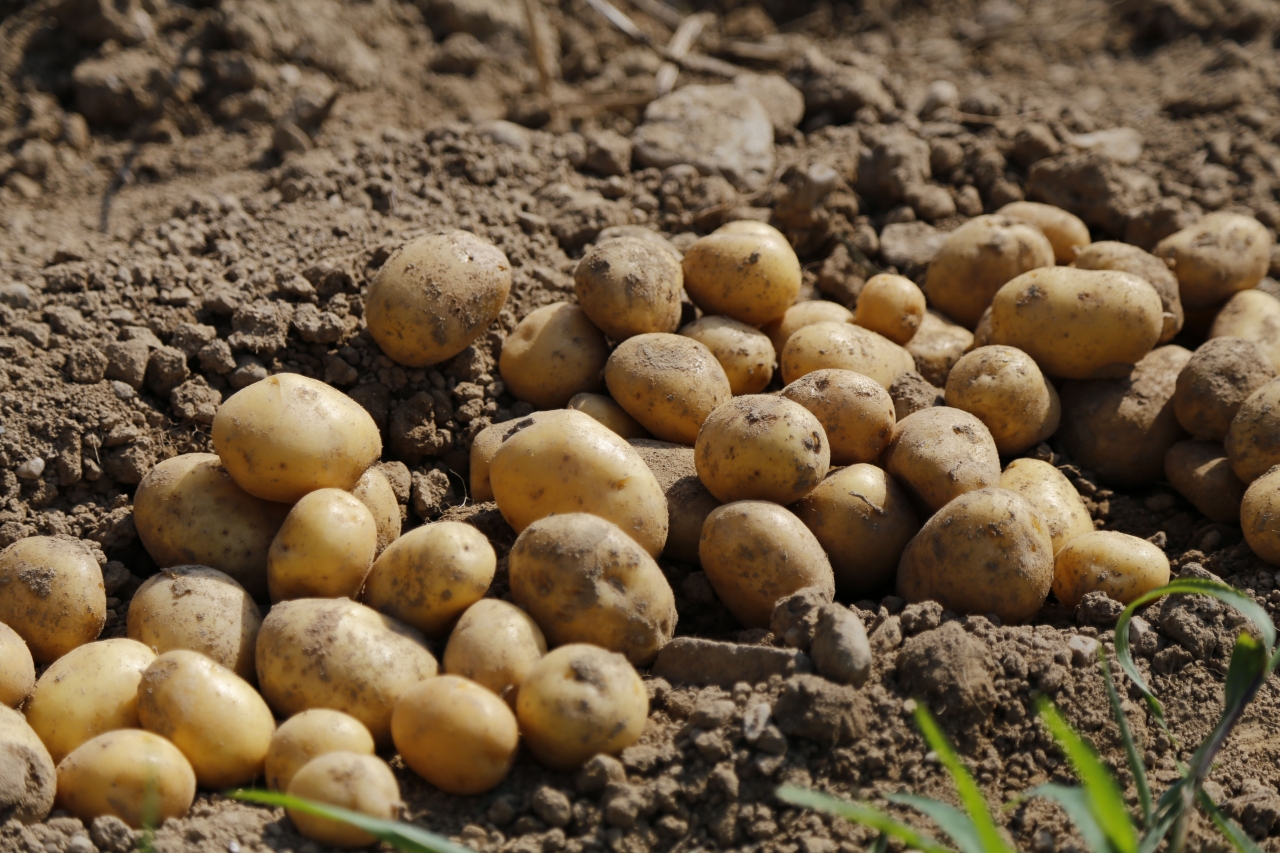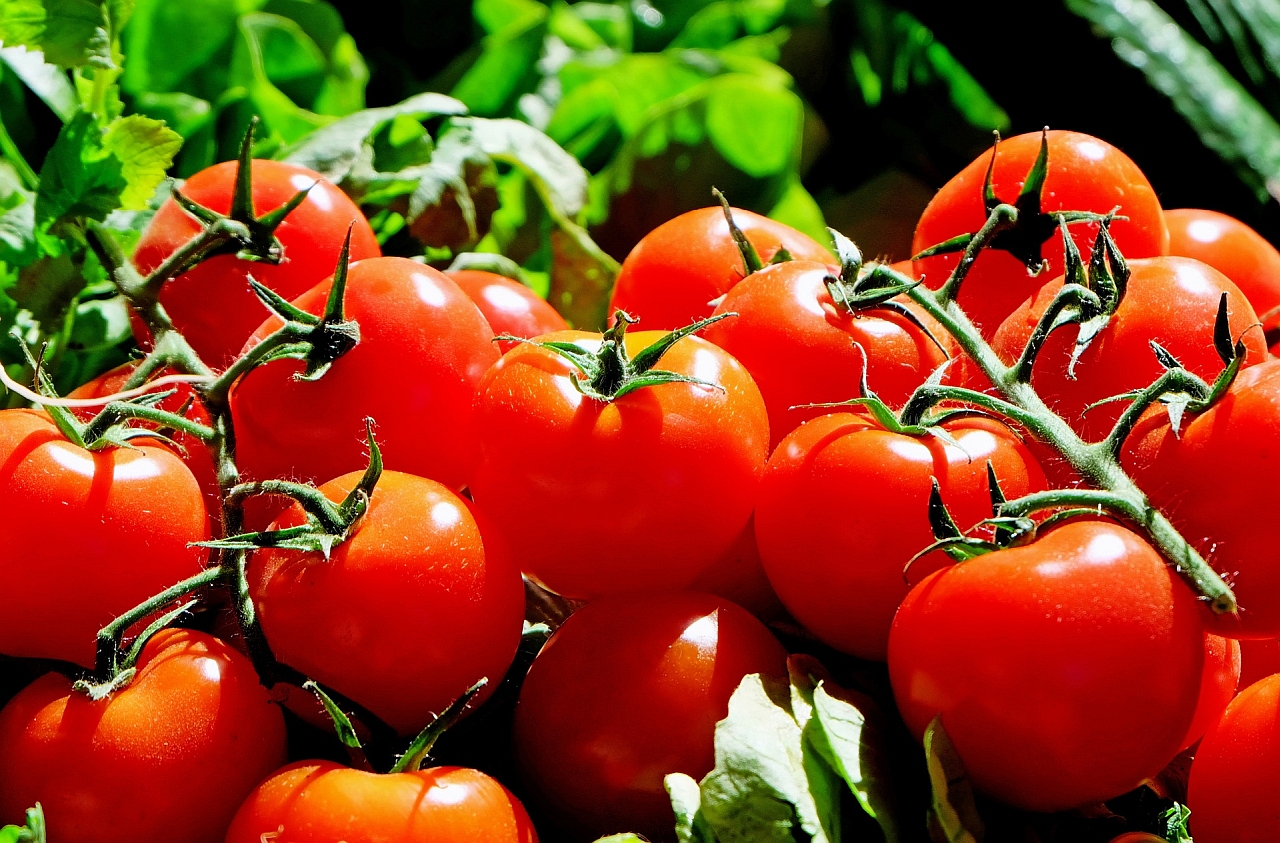Potato is a rich source of vitamins, calories, minerals, and phyto-nutrients such as carotenoids. Its nutritional value is similar to that of vegetable crops.
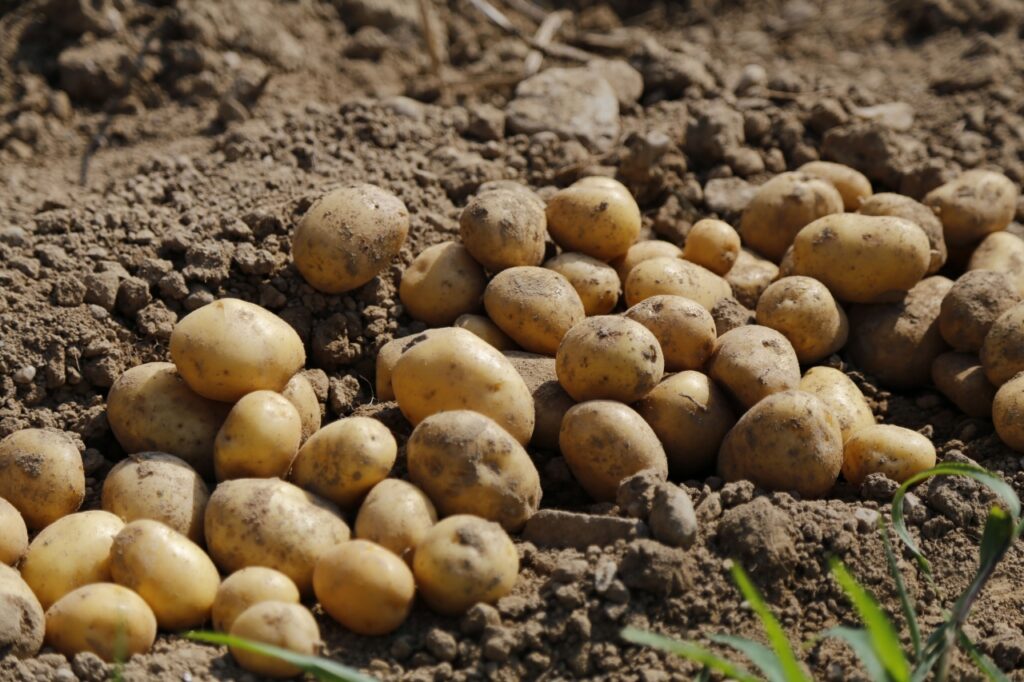
Worldwide, potato is the third crop in terms of human consumption. Its use is increasing sharply in non-Western countries, where it is mainly consumed fresh (cooked). In Western countries, potato is mainly processed into flakes, French fries and crisps.
Potato is also an important source of industrial starch and protein and can therefore potentially play a major role in the transition from animal to vegetable proteins.
The Netherlands is the world leader in the production and export of seed potatoes and is the global center of potato breeding. The potential market value of potato starting material is more than €10 billion.
Tubers and seeds
Potato breeding has evolved rapidly in recent years thanks to the development and implementation of (non-GMO) hybrid breeding, which allows for much faster and more targeted breeding and incorporates many outcomes of molecular genetics, genomics, and bioinformatics research. Hybrid starting material can take the form of seed, which has enormous logistical advantages over tubers.
Potato cultivation is however being hampered by many pathogens and insects. Farmers need to use a lot of plant protection products to get high yields.
Climate change
Eleven leading potato companies have joined forces in Holland Innovative Potato (HIP), an association that works on breeding more resilient potato varieties. The goal is to reduce the use of plant protection products by 90% by 2030.
Current potato varieties are also not resistant to effects of climate change. CropXR research will help make potatoes more resistant to a wider variety of environmental stresses, such as heat, drought, salinisation, and flooding.
CropXR-Potato: A unique public–private partnership


